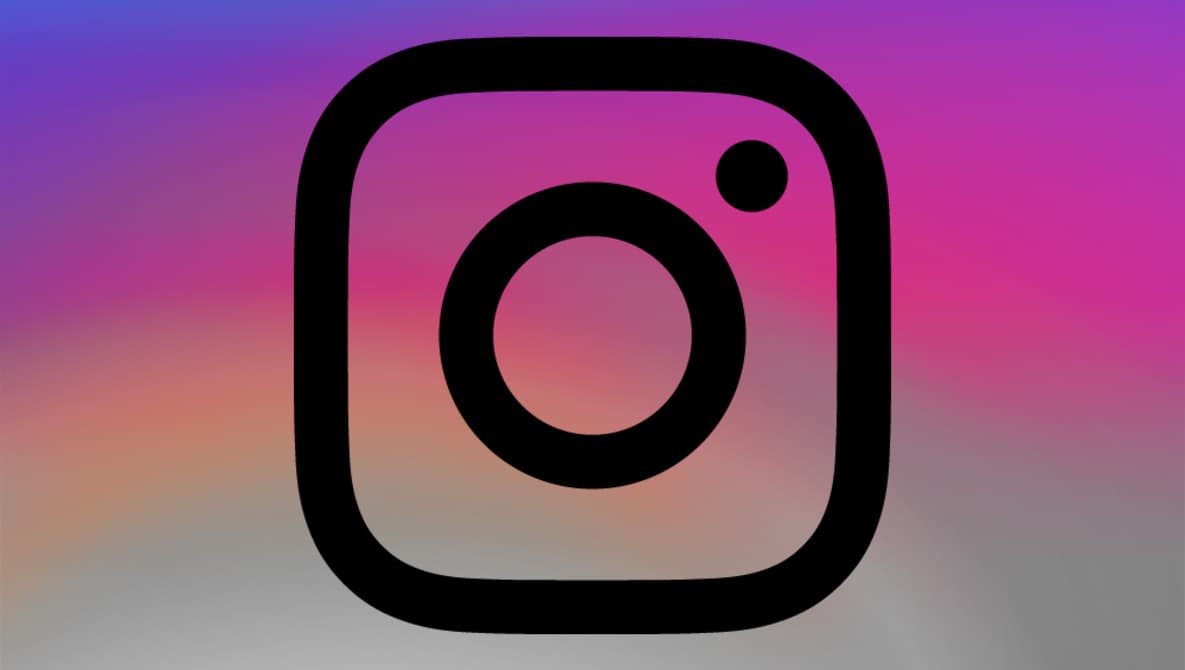
X formerly known as Twitter
In a recent announcement, tech magnate Elon Musk unveiled plans to bring voice and video call capabilities to his social networking platform, X – previously recognized as Twitter. While Musk’s past promises about potential features have been met with a mix of anticipation and skepticism, the timeline for the rollout of these capabilities remains unspecified.
Another notable update from the company surrounds changes in its privacy policy. Scheduled to be effective from September 29, the updated policy outlines the potential collection of users’ biometric information and employment details, though the specifics of what biometric data would entail remain unclear. Common forms of biometric data encompass fingerprints and facial recognition, among others.
Interestingly, Musk took to the very platform, X, to share that these voice and video call features would be compatible across multiple devices – Apple, Android, and desktops. The notable distinction he highlighted was the non-requirement of phone numbers.
Musk’s intentions with X aren’t exactly trailblazing. Platforms under Meta’s umbrella, such as Facebook, WhatsApp, and Instagram, began offering voice and video calling features back in 2015. Snapchat hopped on this bandwagon the following year. When pressed for more specifics about X’s feature release, the company maintained silence.
ALSO READ: How To Download X (Twitter) Videos On Your Phone Or Laptop

Leading data privacy expert, Professor Stephen Wicker from Cornell University, commented on the platform’s move. “This seems like X’s way of transparently adopting practices that other platforms might have incorporated more discreetly in the past,” Wicker observed. Delving deeper, he shed light on the broader implications, “Social media platforms are increasingly turning to user data for targeted advertising, presenting both a goldmine for platforms and a looming concern for user privacy.”
Highlighting the ongoing tension between big tech and data privacy, Wicker recalled the instance from two years back when Facebook settled a $650 million lawsuit. The grounds? Allegations of unauthorized biometric data usage.
Users residing in the European Union (EU) have additional tools at their disposal, thanks to X’s alignment with the recently enacted Digital Services Act (DSA). Exclusive to the EU, this feature allows users to report content or advertisements infringing the DSA guidelines. Prior to this, in a bid to ensure DSA readiness, Twitter had subjected itself to a voluntary “stress test”. European Commissioner Thierry Breton then lauded Twitter’s efforts but also emphasized the journey ahead.
In conclusion, as X navigates its way through the dynamic landscape of social networking, it remains to be seen how these announcements translate into real-world implications for its global user base.



















 and then
and then